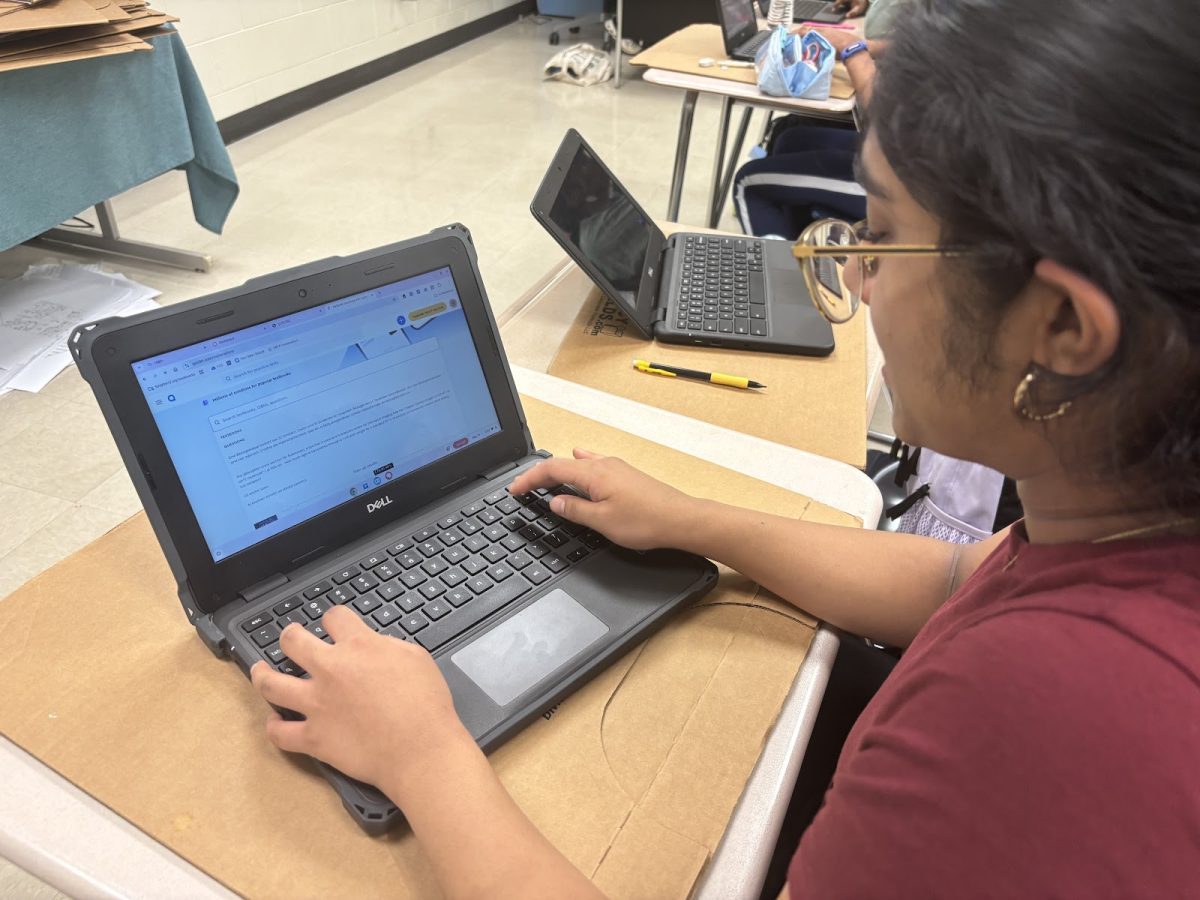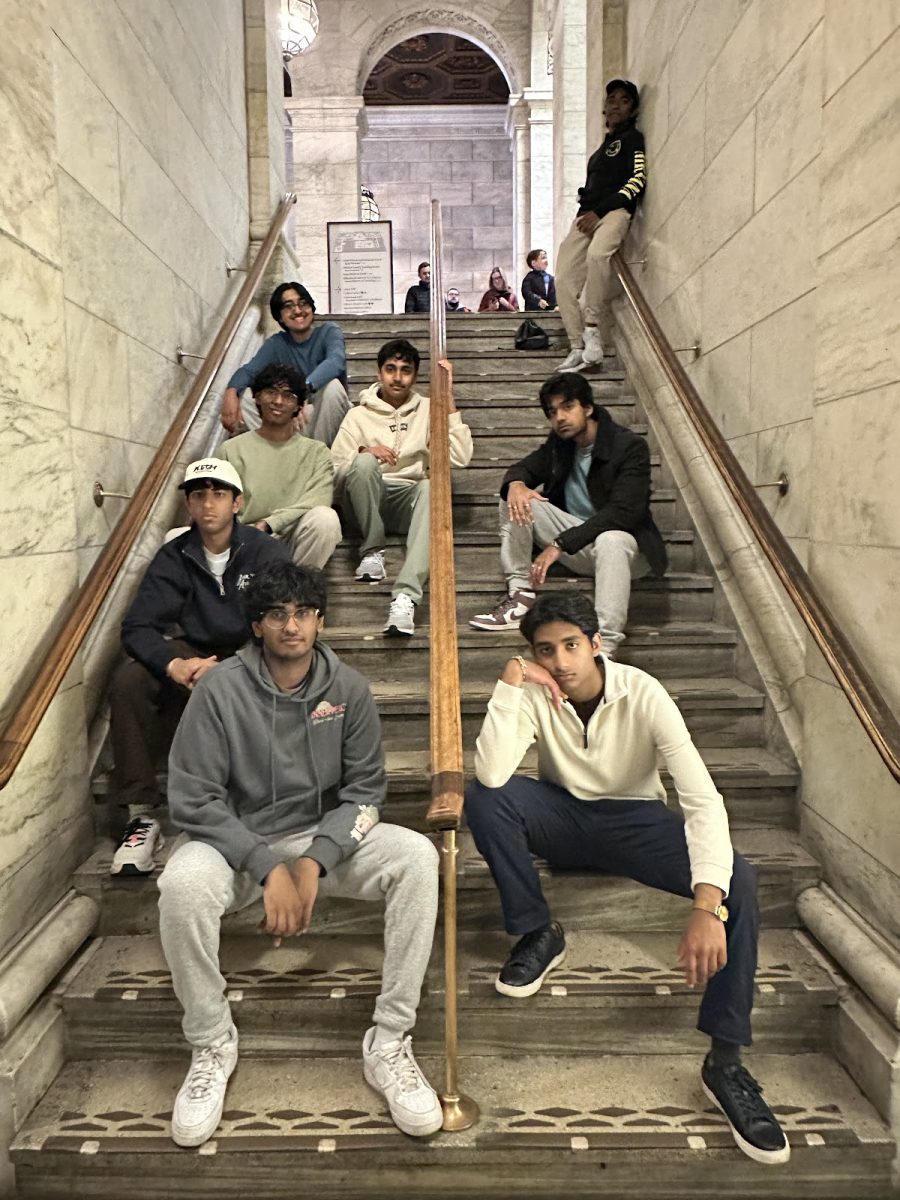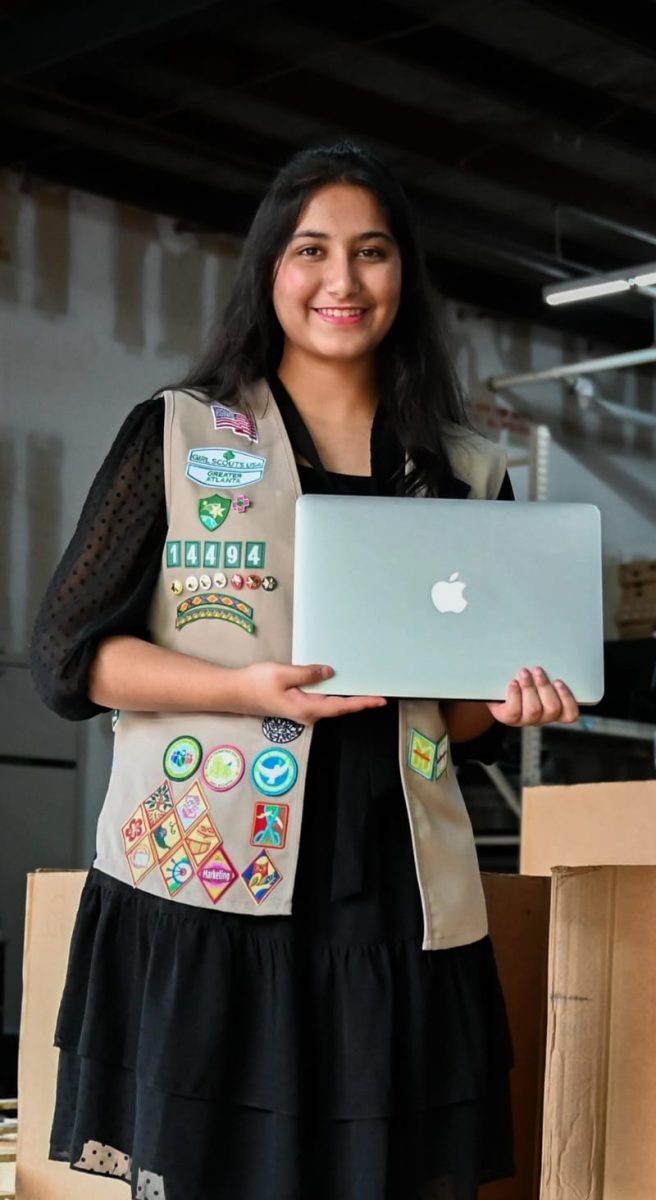Republican Lieutenant Governor Burt Jones and Senator Jason Anavitarte in the Georgia State Senate recently proposed a social media parental permission bill that may be passed in 2024. This law would prevent teens under the age of 18 from creating social media accounts without parental consent.
However, with the vast majority of social media users being youth, this law may pose a problem.
Gia Mendonca is a Lambert senior who frequently uses social media platforms like Instagram.
“Social media plays a big role in the youth of today developing a sense of identity,” Mendonca said.
Rapid growth and an increased perception of the world occur during the teenage years. Restricting social media prevents this demographic from taking advantage of opportunities such as socializing in online communities and gaining an understanding of the politics that affect their local districts.
Despite the positive opportunities social media seems to present to teenagers, concerns have arisen from the harm social media can do.
“Especially with Instagram models and people that we can compare ourselves to on a daily basis in terms of body image… that make[s] us feel like we’re less than,” Mendonca explained.
Body image is just the surface of the issues social media can create. Under the surface, there are teens who suffer from mental health issues such as depression and suicidal thoughts as a result of social media cyberbullying.
Like Mendonca, many believe there still needs to be revisions made to social media parental permission laws.
“I think that up until 13 is a good age for parents to have a say in whether or not their children create accounts,” Mendonca explained. “After 13, for the most part, students are going to do it anyway, so trying to inhibit them can create a feeling of rebellion, and rebellion makes people do things that they really shouldn’t, so just avoiding that kind of mindset, I think, is the best way to go about it.”
Many social media companies have already banned kids under the age of 13 from creating accounts on their platforms. But even without their involvement, Utah and Arkansas have passed social media parental permission laws, and Georgia may be next in this growing movement.















